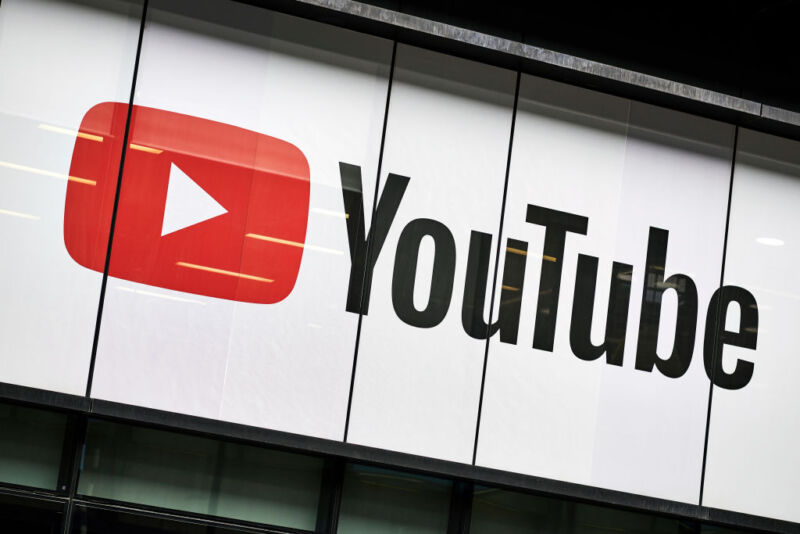YouTube will require disclosure of AI-manipulated videos from creators

YouTube is rolling out a new requirement for content creators: You must disclose when you’re using AI-generated content in your videos. The disclosure appears in the video upload UI and will be used to power an “altered content” warning on videos.
Google previewed the “misleading AI content” policy in November, but the questionnaire is now going live. Google is mostly concerned about altered depictions of real people or events, which sounds like more election-season concerns about how AI can mislead people. Just last week, Google disabled election questions for its “Gemini” chatbot.
As always, the exact rules on YouTube are up for interpretation. Google says it’s “requiring creators to disclose to viewers when realistic content—content a viewer could easily mistake for a real person, place, or event—is made with altered or synthetic media, including generative AI,” but doesn’t require creators to disclose manipulated content that is “clearly unrealistic, animated, includes special effects, or has used generative AI for production assistance.”
Google gives examples of when a disclosure is necessary, and the new video upload questionnaire walks content creators through these requirements:
- Using the likeness of a realistic person: Digitally altering content to replace the face of one individual with another’s or synthetically generating a person’s voice to narrate a video.
- Altering footage of real events or places: Such as making it appear as if a real building caught fire, or altering a real cityscape to make it appear different from reality.
- Generating realistic scenes: Showing a realistic depiction of fictional major events, like a tornado moving toward a real town.
-
Google’s video upload questionnaire.
-
Take note of the super-tiny message at the bottom, denoting “altered or synthetic content.”
-
You can expand the description for slightly more info.
Google says the labels will start rolling out “across all YouTube surfaces and formats in the weeks ahead, beginning with the YouTube app on your phone, and soon on your desktop and TV.” The company says it’s also working on a process for people who are the subject of an AI-manipulated video to request its removal, but it doesn’t have details on that yet.
https://arstechnica.com/?p=2011206